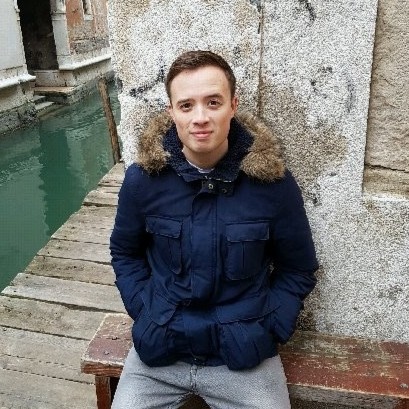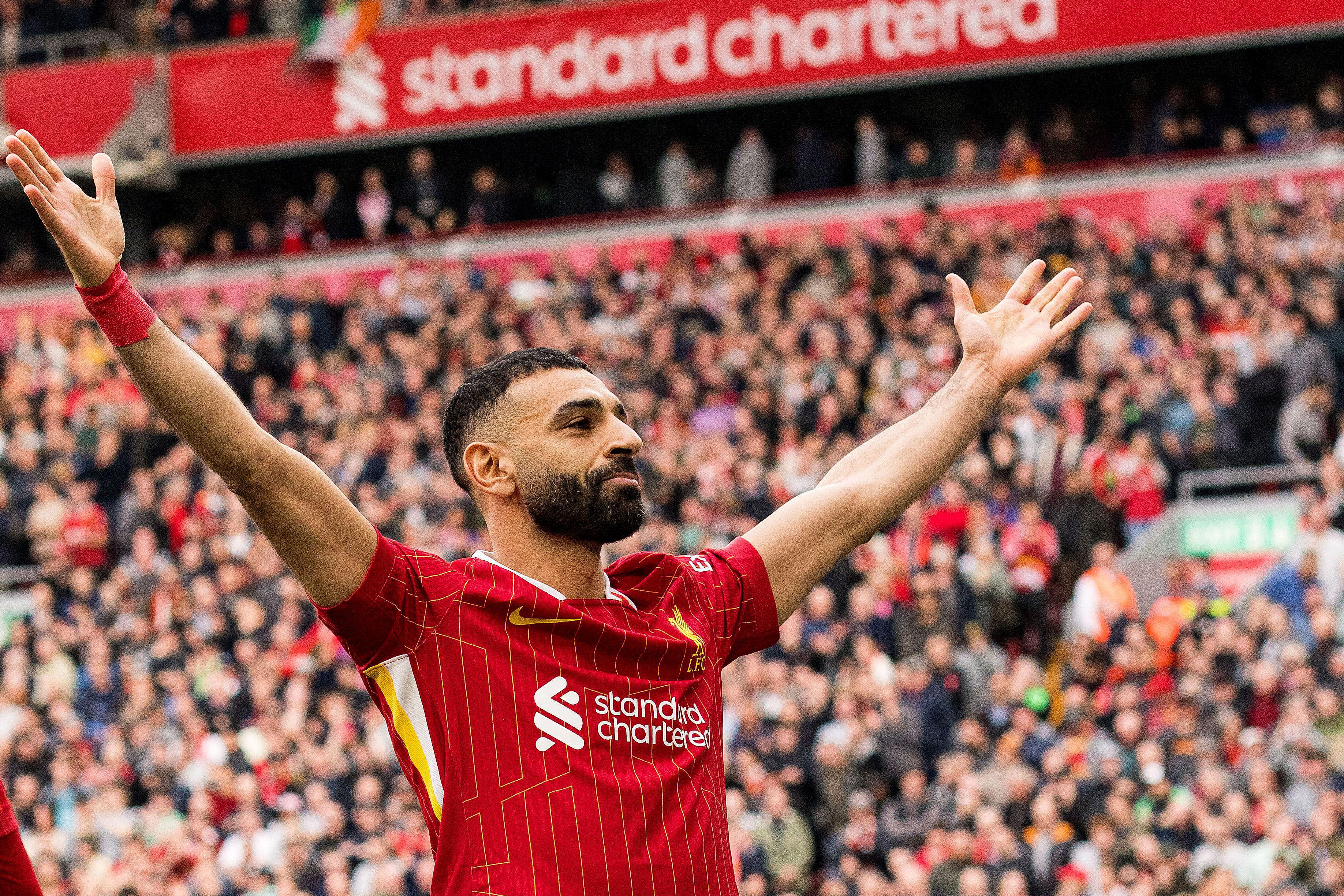Kolo Toure answers your questions: “Slide-tackling Arsene Wenger changed my Arsenal career – it showed him just how much I wanted it!”
Kolo Toure reflects on a trophy-laden career with Arsenal, Manchester City, Liverpool and Celtic. And reveals all about dancing in the shower
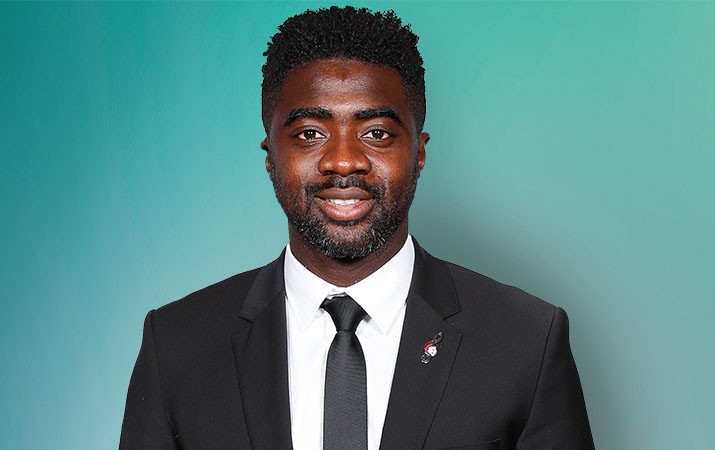
This feature first appeared in the March 2021 issue of FourFourTwo magazine. Subscribe now and get five issues for £5!
Kolo Toure’s playing days are almost four years behind him, but the former centre-back has every reason for a permanent grin on the verge of his 40th birthday.
As FourFourTwo proceeds to take him back through a life of trophies, records and personalised dance routines, Toure can’t help but giggle constantly as he recalls his remarkable career – one that included a mild assault on a football great, en route to seven major honours and two European finals. Even better, he celebrated one of his two Premier League titles alongside brother Yaya, his junior by two years.
Toure also knows that he will always be one of them, held in the highest esteem within English football: not just a champion but an Invincible, barely two years after arriving from Africa as an overexcitable 20-year-old.
Today, the Ivorian’s genial charm is put to use by Brendan Rodgers as one of his trusted coaching lieutenants at Leicester, having followed his manager from Celtic in 2019. “Being a coach isn’t like being a player, though: you actually have to go to work,” he cackles, before settling in to tackle your posers about sibling rivalry, Old Trafford battles and jigging in the shower…
How competitive with each other were you, Yaya and Ibrahim as kids? Why do you think that you and Yaya ended up making it as footballers at the highest level, at the same time?
Ezra Cohen, via Twitter
We were always very competitive, but that’s also because it wasn’t just the three of us – we have a family of nine, with seven boys and two girls, so you can imagine! We could play an entire possession game at home. [Laughs] As a boy I had to be competitive and fight every day, as my older brothers were bigger, stronger and better than me. I had to find my way.
My success, and Yaya’s [both pictured below], came from our mother and father. Dad was in the army so we grew up in a military camp, which helped us to have discipline and dedication. It taught us that there was no easy way, and that we had to work hard every single day.
Get FourFourTwo Newsletter
The best features, fun and footballing quizzes, straight to your inbox every week.
ASEC Mimosas have an extraordinary history of sending the best Ivorian players to Europe. What do they put in the water there?
Jamie Gill, Coleshill
Back in the day, this club was lucky to have a guy called Jean-Marc Guillou, [a former France international] who was like another father to me. He’s the one who took me to the academy in the Ivory Coast where I learned about the game, and made a huge change for all Ivorian footballers. At one point we had our ‘golden generation’: Yaya, myself, Didier Zokora, Salomon Kalou, Gervinho and so many other players who came through this academy [also Emmanuel Eboue, Kolo’s future Arsenal team-mate]. Guillou kept an eye out for the best young talent, and wanted good technique and intelligence that he could try to develop. From a young age we were exposed to that kind of coaching, which helped us to improve in the greatest way possible. Football is a game, but inside it there are many important details that help you to get better and become more efficient.
I’ve always wondered: how did the conversation with Arsene Wenger go after you slide-tackled him during your trial at Arsenal?
@MaxPollard92, via Twitter
I was really fortunate to be able to go to that trial. I spent two weeks there and, as you know, I put that tackle in on Arsene Wenger! [Laughs] But, you know, I think that slide-tackle changed my career. It showed the manager just how much I wanted to be successful, and how much I wanted to become a professional footballer. That’s how he took it, anyway... [FFT: What did he say to you immediately afterwards?] All the players were laughing and I was in shock! I thought they were going to get rid of me there and then. But Arsene is an intelligent guy: he only saw a young African boy who was keen to impress him, and gave me that opportunity to express myself and show what I was capable of doing.
I seem to remember you sometimes played as a striker after you joined Arsenal, scoring a couple of goals. What was your main position back then, and what did you think when you were moved back into defence?
Josh Green, Ilford
I started as a winger! It was simple: I was a young player coming into the Premier League, at a massive club like Arsenal, and they wanted to give me the experience of seeing whether I was capable of changing positions. I had strength, I was fast and I worked hard, but to play in Arsenal’s defence at that time, I was in competition with guys like Sol Campbell and Martin Keown. They were great players, so it was very difficult for me to get in as a defender. The manager gave me opportunities on the bench, though, because I was a bit of a ‘saving’ player who was able to play in any position. Tactically I was all right – not fantastic, but OK. One of the first matches I played for Arsenal was as a winger at Chelsea. I came off the bench and scored the equaliser in a 1-1 draw, when we were down to 10 men [after Patrick Vieira was sent off]. Everything started from there, because the manager knew he could trust me.
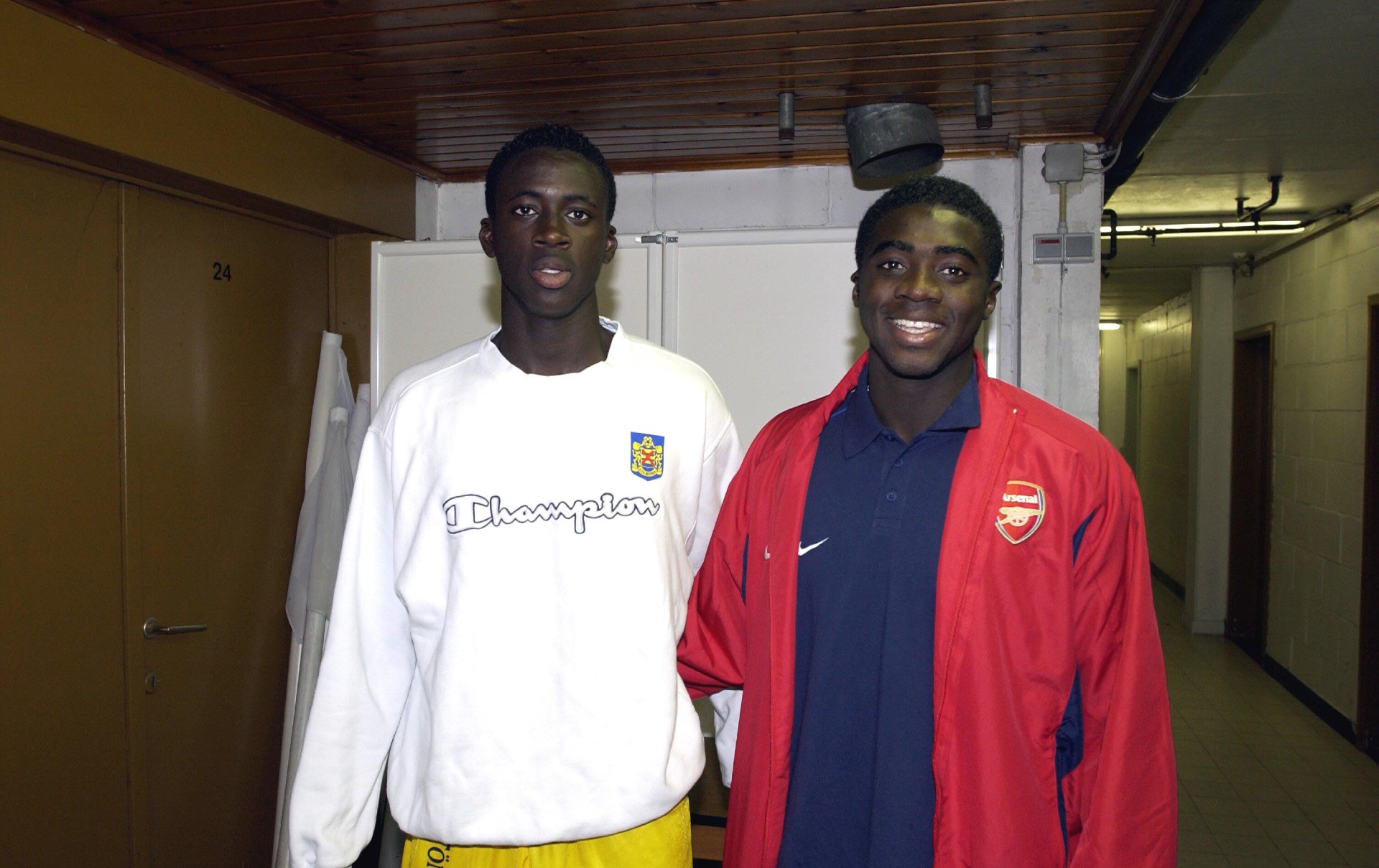
What was it like to play for Wenger? How did he help to grow your career?
Matthew Templeton, via Facebook
In life, you have to be very fortunate to have people who help you. Mr Wenger was unbelievable for me. I have a few father figures in football: my first was Jean-Marc Guillou and my second was Wenger. Both changed everything for me. Arsene made me a better player and nurtured my qualities, then helped me to improve on all my weaknesses.
How was the mindset in Arsenal’s dressing room at the beginning of the 2003-04 season? Did you have any idea you’d play such a big part?
Joe Quigley, via Facebook
I had no idea. I was a young player at the club and it was a huge step up, but I took my chance. I was playing every match like it was the last one for me, giving everything. To play for Arsenal at this time was a big, big thing, and I wanted to show that I was capable of coping with the challenge.
The older guys were incredible with me. I’ve played in many teams and at many clubs, but I’ll always remember that Arsenal team: big-game players, but great guys as well. I’ll never forget that. I’ve found that the players who have achieved the most in their careers are actually some of the most humble. My big brothers, I call them. Someone like Dennis Bergkamp: what a guy – so dedicated, and such a great role model every day to be the best you can be. [FFT: Keown didn’t just shout at you all of the time, then?] Ha! Martin is a big brother, again. He was fantastic and helped me to settle. I was coming to play in his position, but he helped me a lot and always gave me advice. [FFT: What stands out the most from that season?] It’s such a long time ago and so many things have happened since. We played so many games that year.
When you think ‘Invincible’, you’re thinking: ‘what a great defence’. But, honestly, I’d say it was more about the attack. We had some brilliant players up there; guys who, if we were losing, would work even harder to get us back in the game. There was such a superb team spirit that those players defended like dogs for the team to win, too. The spirit is what I remember most about that Invincibles team.
People claim that Thierry Henry was very demanding of his team-mates. How true is that, and are there any examples that spring to mind?
Richard King, Doncaster
Thierry was very, very, very, very, very, demanding! That’s why he went on to become one of the best players in the world. He was demanding of people around him, but even more demanding of himself. That’s the mentality of a top player. He wanted to be the best at all times. It’s normal to ask a lot from your team-mates, as that’s what happens when you also ask a lot from yourself. There’s no drama about that. Naturally, when you’re young, it’s not easy when you see a big player demanding things from you, but today I thank Thierry for doing it. That’s life: to learn and aim for excellence, you must have those high standards for yourself.
It just showed the mentality of that team: there was a strength, and big players wanted to kill each other to win games
Did you enjoy the famous scraps with Manchester United during that time? What do you remember of the Battle of Old Trafford in 2003?
Rory Thomas, Cambridge
I loved them! I remember that fight at Old Trafford – now I always see those pictures of Keown in my head. [Laughs] I was the young guy there, trying to calm people down! But it just showed the mentality of that team: there was a strength, and big players wanted to kill each other to win games. What an experience that was for me – I realise that I was very lucky to be part of that fantastic story. [FFT: Where were you when Cesc Fabregas chucked pizza at Alex Ferguson a year later?] Honestly, I didn’t see that! I just heard about it afterwards, like you.
Who was the best central defender you played with? You formed a great relationship with Sol Campbell...
Jake Gable, via Facebook
Sol, absolutely. We were two different players: he was exceptional in the air and I was fast. He went for everything that came in the air, and I was able to cover everything down on the ground. We fitted each other really well.
How gutted were you not to win the 2006 Champions League Final with Arsenal? Especially after you scored what turned out to be the only goal in the semi-final against Villarreal...
Nathan Gent, via Facebook
Scoring the last Champions League goal at Highbury was great, but when you don’t win the final, it’s difficult. It was a joy to play in those two matches against Villarreal, though, especially the first which we narrowly won 1-0.
I remember the last-minute penalty in the second, and Juan Roman Riquelme missing against Jens Lehmann. Jens was amazing in that game, and most of those before it, too. The team was strong but we also had an outstanding goalkeeper. It was so tough when he was sent off early in the final against Barcelona. We knew it was going to be a long night then, but our organisation was good even after that and we still tried to play our football.
My only regret about the final is that, because we were possibly a little tired, we started to panic and hit long balls everywhere during the second half. We couldn’t keep possession and have any breathers, which meant the ball came straight back; it was wave after wave of attacks. Eventually we were going to break. We could have shown a bit more courage in making passes. We created opportunities to kill the game, but we struggled after going down to 10 men.
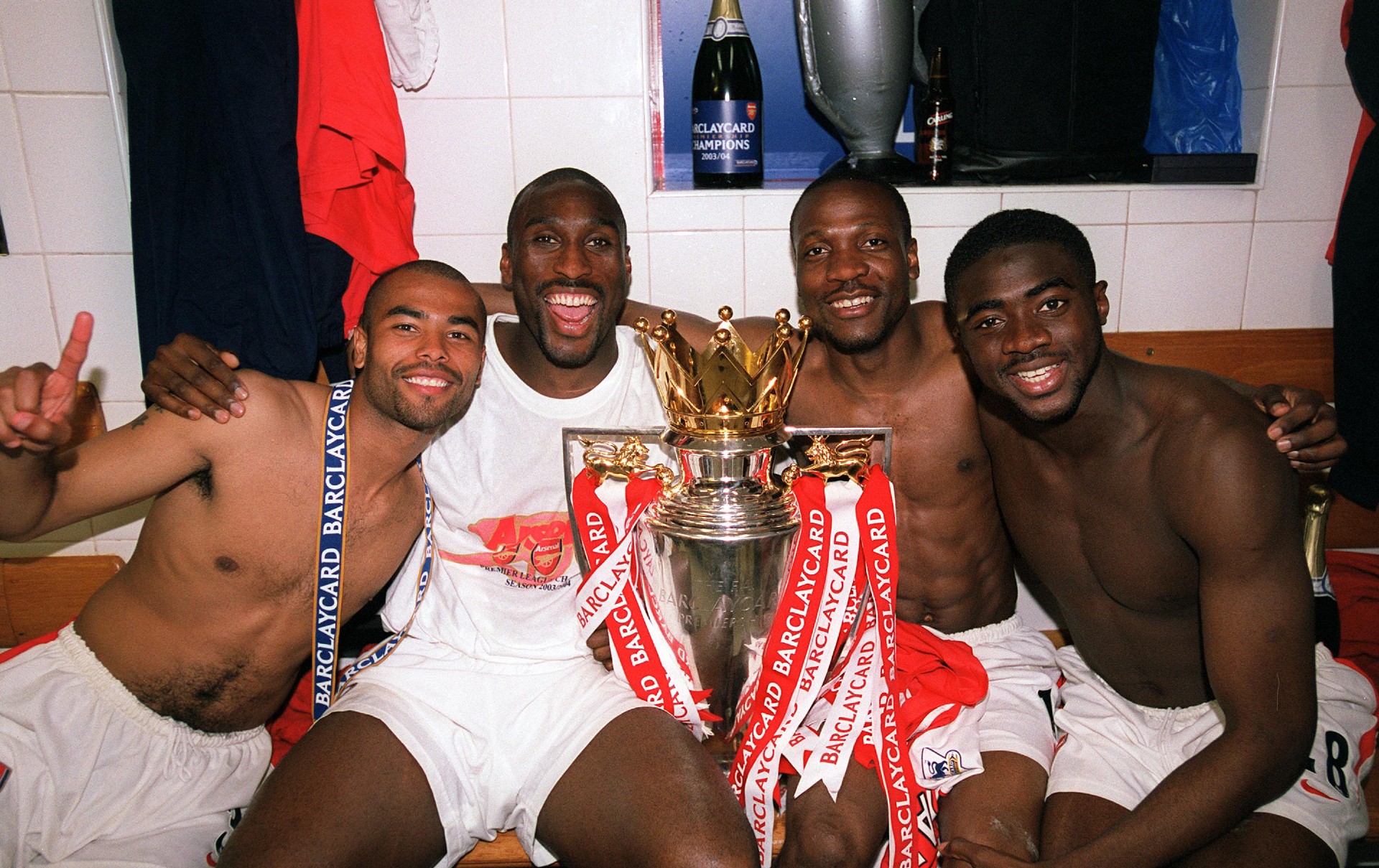
What kicked off your superstition of being last onto the pitch? You picked up a yellow card for it against Roma!
Anthony Anka, Archway
[Laughs] I always tried to do that. And I’d run from the half-circle outside the penalty area to the line. You think you’ll win if you carry on doing it. Even when you lose, you still want to! It backfired a bit against Roma, but what can I do?
It's difficult to speak about leaving Arsenal. I did my best there for seven years but I wasn't the only player leaving around that time
Why did you leave Arsenal in 2009? What happened with William Gallas in the 2008 Boxing Day game to lead to you handing in a transfer request?
Jamie Cook, Watford
It’s difficult to speak about that now. You go through emotions like that in football. Arsenal was my family then; I was playing for the club that gave me an opportunity to come to England and express myself. But it’s like anything in life – even great relationships can come to an end. I can’t blame anyone, really. I did my best there for seven years, but I wasn’t the only player leaving around that time – Patrick [Vieira] and Thierry were going as well. Arsenal fans know that I support them even now, because I’ll always be grateful to them.
What situation were Manchester City in when you arrived? Did you always know they’d win the title eventually?
Eleanor Martin, Stockport
I knew some huge changes were going to happen. I was one of the first bigger guys there, after Emmanuel Adebayor. It was the beginning, as things started to take shape after that. Of course, we needed more players to transform the team’s mentality, because it’s always hard to take a club from a certain level higher. There are particular things you must do to become an elite team, and that takes time. That’s what happened at Manchester City around then. It was one of the greatest experiences of my life. There are wonderful people at the club, they have brilliant fans and I had a fun time. I was confident they’d win the title – absolutely.
How did you find life under Roberto Mancini compared to Mark Hughes?
Darren Hugill, Ashton-under-Lyne
Mark Hughes was such a lovely man; someone who simply loved his football and gave the players freedom. He gave them room to express themselves and I really enjoyed playing under him. He made me captain. He was good for me. Sadly, at one point things didn’t work the way everyone wanted them to, and we had to change.
Mancini came in with a very different, Italian approach. He wanted plenty of discipline on the pitch. He didn’t give the players much freedom and wanted them to play within a framework. That was quite different for everyone, but it did work well and we had success. It was a bit difficult for me, because I was playing a lot at the start but then I had some struggles in my life [amid a failed drugs test] and it was tough for me to get back in the side. It was hard to step up again and be the player that I was.
What was it like to finally play with Yaya, at Manchester City? Who was the better player during their career?
Bailey Gibson, Beccles
Oh, it was amazing. Fantastic. And you know it was me, of course! [Laughs] For me, Yaya was one of the best players in the world at that time – a legend. Even when he was playing in Ukraine, I was talking about him. I would tell people, “I have a brother and he’s better than me.” I tried to get agents to take him to clubs, but they didn’t want to touch him. Eventually he grew in stature and quality, and when he agreed to sign for City I was so happy to have my young brother around. He was thinking about other clubs but I said, “No, come here – City are going to build a fantastic club.” Chelsea or Manchester United already had big legends there, and it would have been more difficult for him. I told him, “There is an opportunity for you to become a legend here.” And he did. I’m really proud, because I gave great advice to my brother! You always want to make your family better than you. Unfortunately, Ibrahim wasn’t so lucky [He passed away in 2014, aged 28].
You missed out on lifting the FA Cup in 2011 because of a drugs ban. Just how tough was that period for you?
Callum Howard, Manchester
It was one of the hardest points in my life. I don’t want to go back to it now, because it was so difficult. Life is like a stock market, though: one moment things go up, then they go back down. The important thing is that when you go up, you stay the same as when you go down. It’s not failing that matters – it’s how you get up again. I bounced back from that time, came out of City to join Liverpool, then nearly won the Premier League title again. I wanted to show I could do that.
Were you upset not to play a bigger part in City’s 2011-12 title triumph?
Jack Flanders, Sale
As a player you want to be involved – there’s always that bit of ego. I played some part, though, because I signed at the start of something new and did my bit. Other players arrived and were better, but that’s all right. You can start a project and not finish it, because you started well and so others are able to do the job. I still feel I played a big role.
People don't do the Kolo/Yaya dance in my own country – just here in England, and that makes me proud. My family love it
Do you perform the Kolo/Yaya dance in the shower at home?
Michael Maskell, via Facebook
On my own… oh yes, absolutely! Every time I see people doing it, I’m like, ‘Oh my God!’ People don’t do it in my own country – just here in England, and that makes me very proud. My family love it.
How was your Liverpool spell? Why didn’t we win the league in 2013-14?
Max Riley, Bootle
It was good, and I enjoyed my time at Anfield. I was very lucky to have linked up with Brendan Rodgers. From there, everything changed for me. I wanted to prove to everyone that I could shift the hard time I had at City, and I could do that at Liverpool. I was able to keep playing at the highest level with great players at a fantastic time.
Why didn’t we win the league? A few things happened. People always speak about Steven Gerrard’s slip at home to Chelsea, but it wasn’t only that. I made a mistake a couple of months earlier, against West Brom. We all have to take responsibility for it. I don’t want people to just say, ‘It was the slip’ – because it wasn’t. Steven was unbelievable for the club and scored many important goals. We must share the blame collectively.
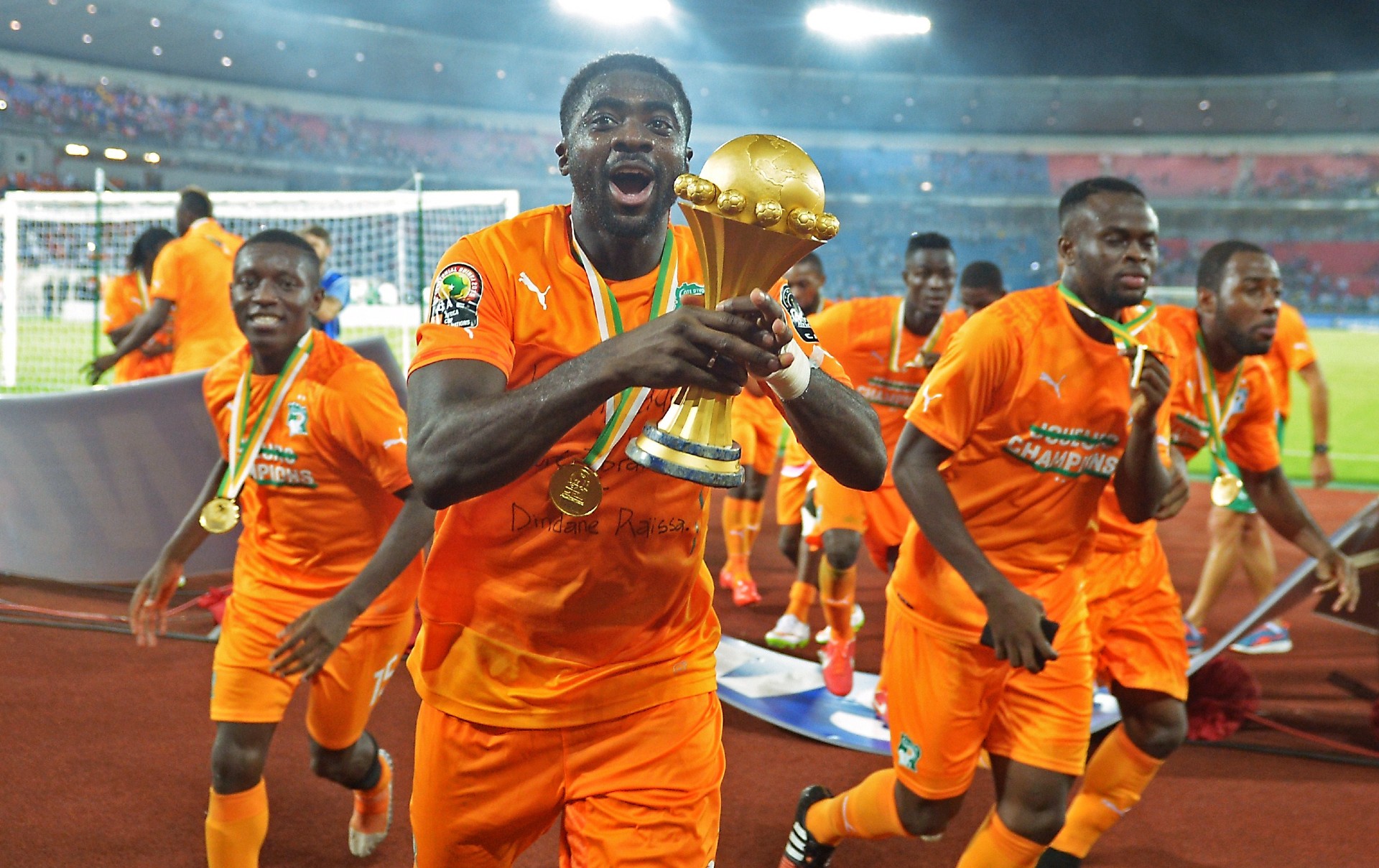
You played alongside Mario Balotelli at two clubs. What are your favourite Balo moments?
Rebecca Kelly, Bury
[Laughs] He’s such a crazy guy. He’s so funny, and I remember at City training that he always used to have a special relationship with Mancini. Seeing them together every day, talking like father and son – it was very funny, I’m telling you. Mario was fighting with him all the time, not listening! But Mancini loved the boy and tried to help him as much as he could. People don’t know Mario. He’s a lovely man. He had that young side of him but he also did great things. He was a very good player.
How did you find the transition from Brendan Rodgers to Jurgen Klopp?
Ross Stead, Birkenhead
It wasn’t a big, big change, you know. Brendan brought stability to the club, and we nearly won the title, but then things got a little bit tough and he had to move on. We had great organisation with Brendan, and liked to attack and be aggressive. If we had won the title in 2013-14, he would have stayed for longer. Unfortunately it didn’t happen, but they were fun times to be part of. It wasn’t easy for Jurgen during his first year, because he was learning about the English game and we lost several matches. But his approach wasn’t too far from Brendan’s: the attack-minded football, the intensity – everything. It really worked for him after a few years.
Liverpool came close to winning the League Cup and the Europa League in your last season, but we lost both finals. How annoying was that?
Matt Sayer, Leigh
The 2016 Europa League Final against Sevilla… what a game. It was like that Champions League final I played with Arsenal against Barcelona. We made a good start and were winning 1-0, but then we had a bad start to the second half. When Sevilla equalised a minute after half-time, the momentum swung and they put more pressure on us. We simply couldn’t cope. The one guy we always remember was Ever Banega – what a player. He ruled the game for them that night. He was outstanding. I was surprised by Sevilla’s approach in the first half, because they played lots of long balls. I have no idea why. After the break, though, they began playing more Spanish football and we found it hard to handle.
The most important trophy of my career was the Africa Cup of Nations in 2015, especially as it was my last one before I retired
You lost two Africa Cup of Nations finals, in 2006 and 2013. How did it feel to finally triumph in 2015?
sogaddd, via Instagram
I always say that, for me, the most important trophy of my career was that Africa Cup of Nations. My country deserved it. We should have won four or maybe five tournaments before that, but didn’t because we weren’t a group. We didn’t play as a team. Everyone was thinking about themselves; we never really found a way to gel. We didn’t do much better at World Cups, as it was always about the players, not the manager. They came and did their best, but we had a few selfish players.
But I was so proud when we finally won the Africa Cup of Nations in 2015, especially as it was my last one before I retired. I hadn’t been selected all the time in qualifying, but told the coach [Herve Renard], “Any time you need me, give me a call. I’ll always help my country.” They were struggling, so he called me to ask if I would return. I wasn’t playing every week for Liverpool at the time, so wasn’t in perfect shape, but I wanted to do my best. I trained harder every day to be fit for the matches; to be ready. We ended up qualifying, then won the tournament.
You were reunited with boss Brendan Rodgers at Celtic in 2016. Do you love him as much as he loves you?!
Dan Maidment, via Instagram
[Laughs] I do love Brendan! He doesn’t need to love me. He’s already shown how much he cares about me, though. I played for him at two clubs and now he’s taken me on as a Leicester coach – that shows me everything.
Celtic was a fantastic experience. It’s another club with a history of winning matches and winning trophies. Going there was a big challenge, because you have to win every game, but I enjoyed it. I remember drawing 3-3 with City in the Champions League [in 2016]. I was quite leggy and old, but we managed to get a terrific result. The atmosphere was unbelievable. I think the greatest I’ve ever experienced in my career was in Scotland at Celtic Park.
But Brendan is a man who changed my life as well. Managers take you on because they trust you, and that’s all that matters for me. I’ll never forget what he has done and is doing for me every day, as he’s like my big brother. I’m now learning the other side of the game with him and his assistant, Chris Davies. It was always my intention to get into coaching, as I wanted to stay in football. What you learn in matches you can always pass on to the younger generation, and I felt my experience was the best thing I could give them.
Celtic fans were angry with the way you and Rodgers left for Leicester in February 2019. What would you say to us now about that?
Lee McAllister, Glasgow
It’s like I said about relationships – at some point, one of you might want to move on, but the love is still there. We always respect fans and have a great consideration for them, but sometimes we have to leave for other things. We had an amazing experience and it was a privilege to work there.
How are you enjoying the coaching life? Why is Leicester the place to be for you right now?
Danny Chandler, via Facebook
The story of this club is huge. Leicester won the Premier League in 2016 as an underdog, which was unthinkable. That sort of thing doesn’t happen to many teams. For us, we want to bring some stability; we want Leicester to always have consistency with results. I really enjoy working with all the people here: the players and the owners are great guys. This is a special club that’s done special things. I’ve earned my UEFA Pro Licence now, which was a long journey that started back when I was playing at Liverpool. The programme was very good, working with former players and learning from other managers, and in other sports too. I loved it.
Kevin Phillips once said that Jamie Vardy can be a challenge to coach. How have you found Vardy to work with, and why is he so important for this Leicester team?
Jonathan Baker, Leicester
[Laughs] Jamie, Jamie, Jamie… Jamie is Jamie! He’s a nice guy – Mr Leicester, I’d say. He’s a man who loves football and wants his team to win matches. When he’s playing, it doesn’t matter what the score is – he’ll do everything to score and help his team to win. The first thing he did when I arrived here was sing the Kolo/Yaya song, and now he does that a lot. We dance together all the time!
There are some top players here who won the title – Wes Morgan, Christian Fuchs, Kasper Schmeichel – and young players doing well like James Maddison and Harvey Barnes. They help to bring this club together.
Subscribe to FourFourTwo today and get your first five issues for just £5 for a limited time only - all the features, exclusive interviews, long reads and quizzes - for a cheaper price!
READ MORE
YOU ASK THE QUESTIONS Thierry Henry: "The Invincibles didn't think about going unbeaten until the third-last game"
QUIZ Can you name every British team to play in a European final?
Joe was the Deputy Editor at FourFourTwo until 2022, having risen through the FFT academy and been on the brand since 2013 in various capacities.
By weekend and frustrating midweek night he is a Leicester City fan, and in 2020 co-wrote the autobiography of former Foxes winger Matt Piper – subsequently listed for both the Telegraph and William Hill Sports Book of the Year awards.
